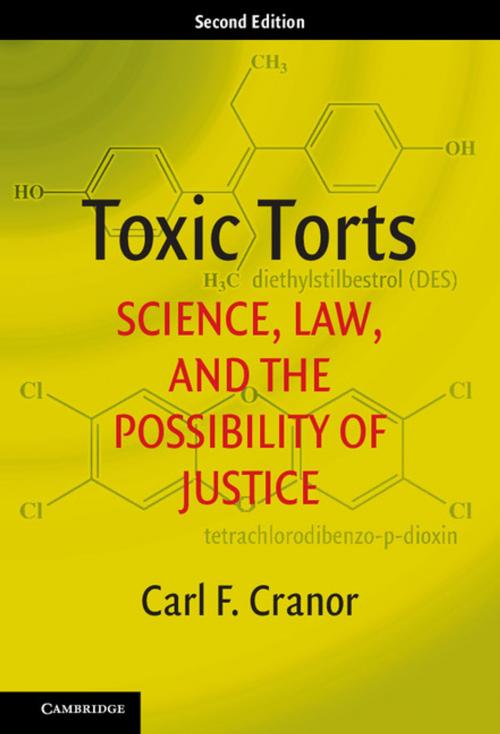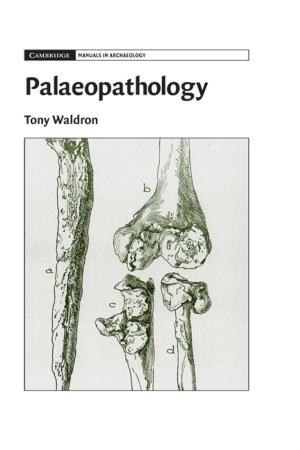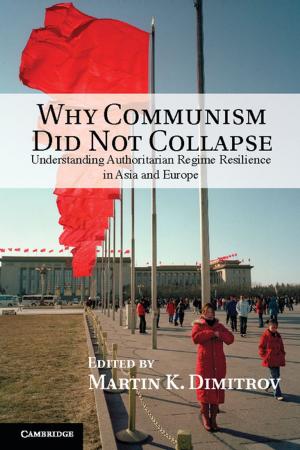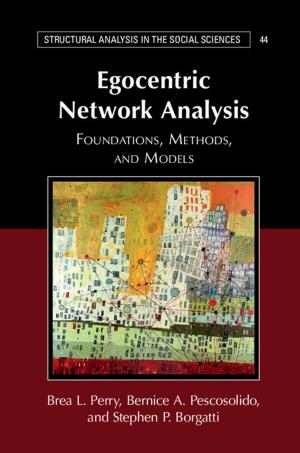Toxic Torts
Science, Law, and the Possibility of Justice
Nonfiction, Reference & Language, Law, Torts| Author: | Carl F. Cranor | ISBN: | 9781316789551 |
| Publisher: | Cambridge University Press | Publication: | June 2, 2016 |
| Imprint: | Cambridge University Press | Language: | English |
| Author: | Carl F. Cranor |
| ISBN: | 9781316789551 |
| Publisher: | Cambridge University Press |
| Publication: | June 2, 2016 |
| Imprint: | Cambridge University Press |
| Language: | English |
US tort law, cloaked behind increased judicial review of science, is changing before our eyes yet we cannot see it. While Supreme Court decisions have altered how courts review scientific testimony, the complexity of both science and legal procedures mask the resulting social consequences. Yet these consequences are too important to remain hidden. Mistaken court reviews of scientific evidence can decrease citizen access to the law, decrease incentives for firms to test their products, lower deterrence for harmful products, and decrease the possibility of justice for citizens injured by toxic substances. Even if courts review evidence well, increases in litigation costs and attorney screening of clients can impede access to the law. Newly revised and expanded, Toxic Torts, 2nd edition introduces these issues, reveals the relationships that can deny citizens just restitution for harms suffered, and shows how justice can be improved in toxic tort cases.
US tort law, cloaked behind increased judicial review of science, is changing before our eyes yet we cannot see it. While Supreme Court decisions have altered how courts review scientific testimony, the complexity of both science and legal procedures mask the resulting social consequences. Yet these consequences are too important to remain hidden. Mistaken court reviews of scientific evidence can decrease citizen access to the law, decrease incentives for firms to test their products, lower deterrence for harmful products, and decrease the possibility of justice for citizens injured by toxic substances. Even if courts review evidence well, increases in litigation costs and attorney screening of clients can impede access to the law. Newly revised and expanded, Toxic Torts, 2nd edition introduces these issues, reveals the relationships that can deny citizens just restitution for harms suffered, and shows how justice can be improved in toxic tort cases.















